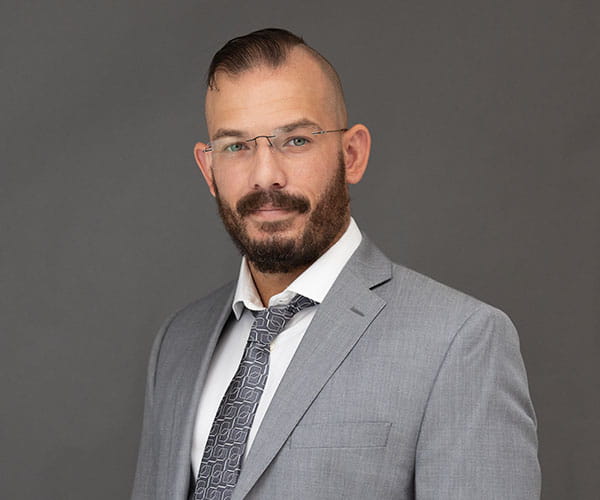Earn your Criminal Justice diploma at Medicine Hat College
Criminal Justice careers represent some of the most important responsibilities in modern society. The Canadian Criminal Justice system aims to reduce crime and its harmful effects upon society through measures of crime prevention, policing, court procedure, corrections, and offender reintegration.
The Medicine Hat College Criminal Justice Diploma Program provides learners with broad perspectives on issues of law, criminal behaviour, and the ways in which society responds to crime.
Learners will gain a comprehension of various criminal justice career opportunities while practicing valuable skills identified by community partners such as critical thinking, problem solving, effective writing and verbal communication, collaboration, conflict resolution, understanding leadership, professional ethics, and resiliency through self-care.
High School Route
- ELA 30-1 (min. 60%) or ELA 30-2 (min. 65%)
Mature Student Route
- ELA 30-1 (min. 60%) or ELA 30-2 (min. 65%)
*Criminal Justice curriculum has been updated for Fall 2024. If you are a current CJ student, please refer to the 2023-2024 planning guide for program information.
Year One - Term 1
- CJLS 100 - Introduction to Criminal Justice
- CJLS 103 - Theories of Crime
- CJLS 104 - Criminal Law and the Judicial Process
- PSYC 201 - Introduction to Psychology II - Social Science
- Communication Elective
Year One - Term 2
- CJLS 105 - Policing and Law Enforcement
- CJLS 107 - Corrections and Offender Rehabilitation
- CJLS 108 - Young Persons in Conflict with the Law
- IDST 100 - Introductory Communications for Helping Professionals
- SOCI 201 - Introductory Sociology
Year Two - Term 1
- CJLS 200 - Contemporary Issues in Criminal Justice
- CJLS 202 - Criminal Investigations
- CJLS 203 - Conflict Management and Crisis Intervention
- CJLS 247 - Public Safety, Emergency Planning, and
Response - Elective - General Elective
Year Two - Term 2
- CJLS 204 - Professional Ethics in Criminal Justice
- CJLS 224 - Mental Health
- CJLS 233 - Legal Evidence and Trial Presentation
- CJLS 257 - Leadership and Development
- Elective - General Elective
Electives
Communications Options:
- ENGL 125 - Introductory Report Writing and Speech
- ENGL 252 - Introductory Composition
General Options:
- ANTH 213 - Contemporary Indigenous Issues in Canada
- IDST 485 - Death and Dying
- KNES 247 - Introduction to Wellness, Fitness & Nutrition
- NUTR 200 - Introduction to Nutrition
- PSYC 345 - Social Psychology
- SOCI 203 - Current Social Issues
The enforcement community encompasses a broad range of occupations in both government and private sectors. From government regulatory bodies to national security investigations, and specialized federal investigators to private security and consultants, the industry is extensive and growing. There are a large number of career opportunities with police agencies and studies have indicated that many agencies are in the process of replacing a large percentage of their staff in the immediate future. As a result of terrorist threats, there have been a substantial number of new opportunities created in private and government security.
Federal Corrections anticipates a need for 3,000 additional staff over the next five years. Customs, Immigration, and other specialized federal enforcement bodies continue to hire as demand warrants.
Our graduates have obtained employment with a wide range of private, municipal, provincial and federal agencies, including the RCMP, Municipal Police, Customs, Immigration, Military Police, Corrections, Solicitor General, Motor Transport, and private security providers.
Graduates of our program may apply to local, provincial, or federal police forces, other law enforcement agencies, and to federal agencies and corrections. However, you must apply to these agencies directly as Medicine Hat College does not supply graduates directly to any agency. It is imperative in this regard that you assess the hiring standards, especially the minimum physical qualifications such as eyesight, before expending extensive time concentrating on a law enforcement career.







